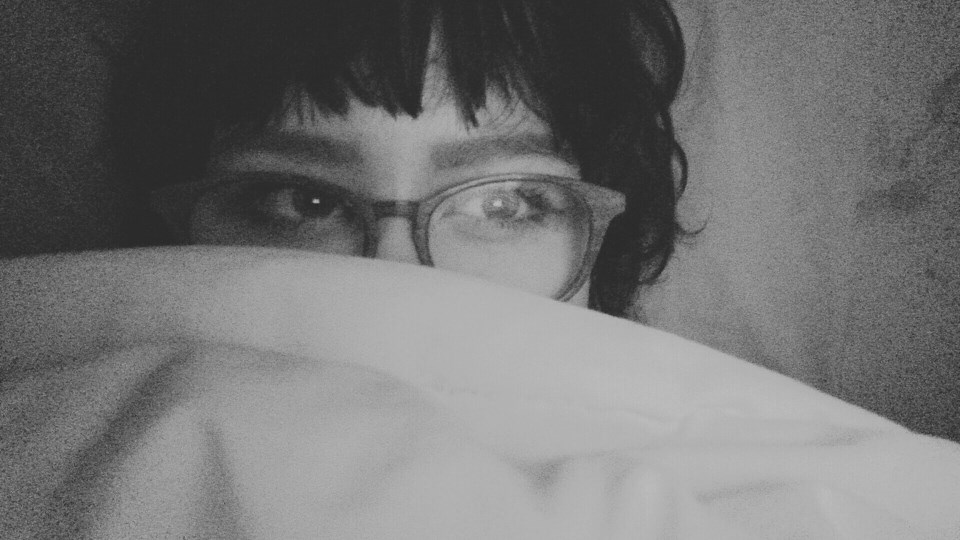York Region mental health professional Dr. Christine Courbasson tries to help her clients look toward a brighter future.
The clinical psychologist for the Canadian Mental Health Association (CMHA) York Region South Simcoe spearheads the Ontario structured psychotherapy program. She sympathizes with the pain her clients experience, and is speaking out about their experiences for this month's Suicide Prevention Month.
"I feel sad for them because they don't see hope," said Courbasson.
She places her emotions aside to provide them with the best possible care.
"It's time for me to focus on helping them see there is a light at the end of the tunnel, and there is help for them," said Courbasson. "I want to make sure they know where to get help."
The CMHA program offers free and accessible services in multiple languages for adults based on cognitive behavioural therapy. Its collaborative and goal-focused approach, coupled with sessions with trained mental health professionals, empowers individuals to take control of their mental health journey.
Courbasson conducts a risk assessment with her clients and looks for warning signs, as some clients are less open to discussing their experiences. She said people with thoughts of suicide feel there is no reason to keep living with no goals or purpose in their lives.
Factors that increase the risk of suicide include a prior suicide attempt, mental illness, a sense of hopelessness or helplessness, alcohol and substance abuse, chronic pain or illness, significant loss, major life changes, and a sense of isolation. Courbasson checks to see if her clients have a history of substance abuse with drugs or alcohol, along with significant changes in their lives.
According to Statistics Canada, about 4,500 Canadians die by suicide each year, equivalent to 12 lives lost every day. For every person who succumbs to suicide, there are many more who battle thoughts of suicide or make attempts. In Canada, over 200 people attempt suicide daily. The ripple effect of each suicide is profound, with at least seven to 10 loved ones significantly affected by the loss.
York Regional Police data states there were 79 suicide deaths and 257 attempts in 2023. There were 79 suicide deaths in 112 attempts in 2022.
Courbasson, who has worked as a psychologist for 20 years, said she has seen less stigma about suicide, but it remains a concern with specific demographics.
"The stigma has lessened, but in some cultures, people think men should be men, they shouldn't cry, and they shouldn't feel sad," said Courbasson.
Statistics Canada states men and boys have higher risks of suicide, followed by inmates serving federal sentences, survivors of suicide loss, and survivors of a suicide attempt, First Nations and Métis communities, especially among youth and residents who live in Inuit regions in Canada.
"More women tend to look for help for suicide, more women attempt, but more men complete suicide," said Courbasson.
Women have higher rates of self-harm. Self-harm can be a risk factor for suicide. Thoughts of suicide and suicide-related behaviours are more frequent among 2SLGBTQIA+ youth.
Courbasson said she encourages people thinking about suicide to open up with their friends and family and seek professional help in the community.
Registration for the Ontario structured psychotherapy program is available online, calling 1-866-345-0224 or emailing [email protected]
If you are in crisis, contact the community crisis response service at 1-855-310-2673, the suicide crisis helpline at 988, or call 911.



